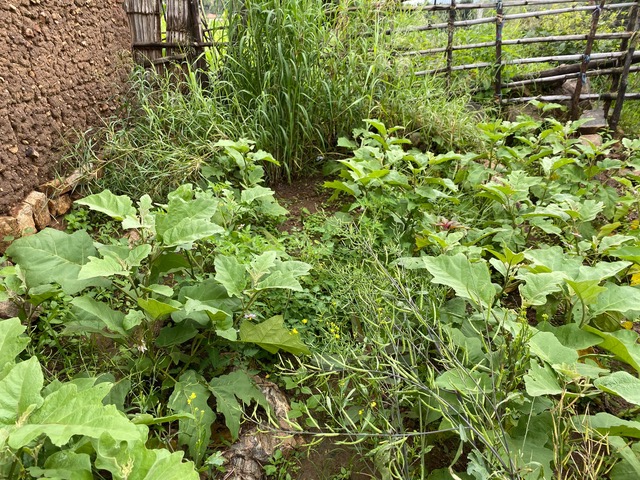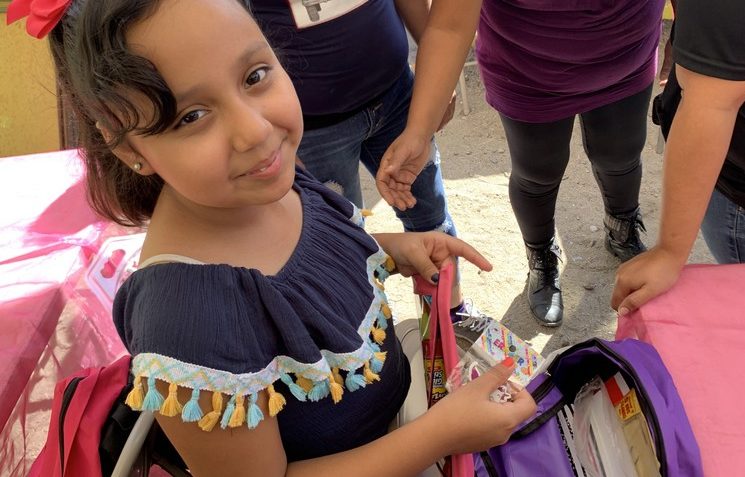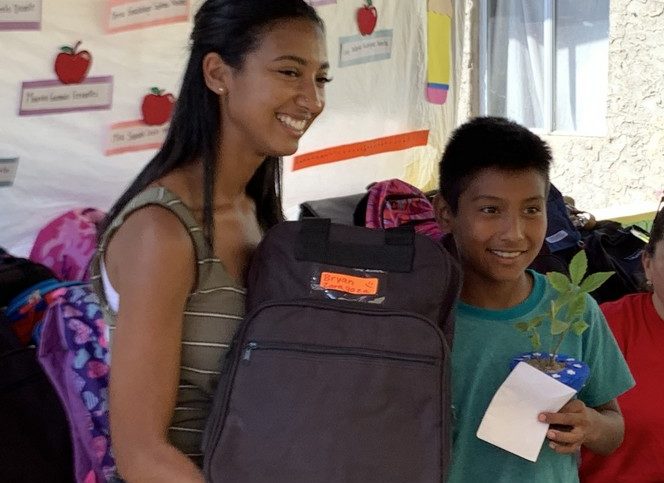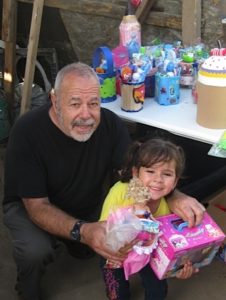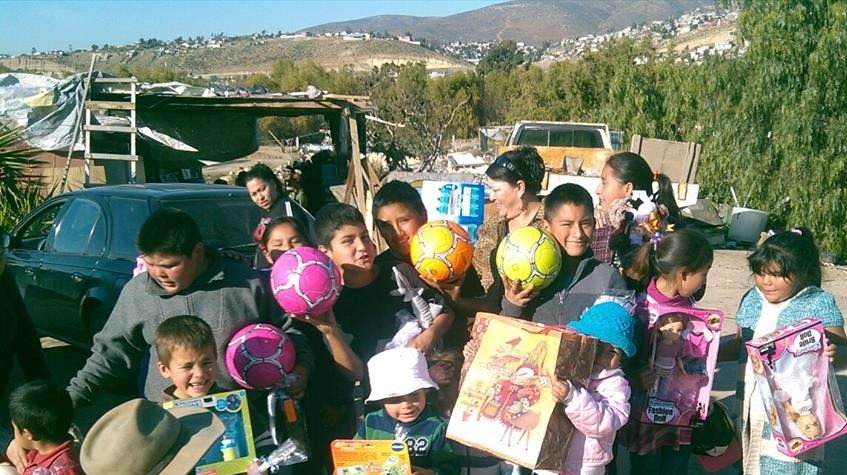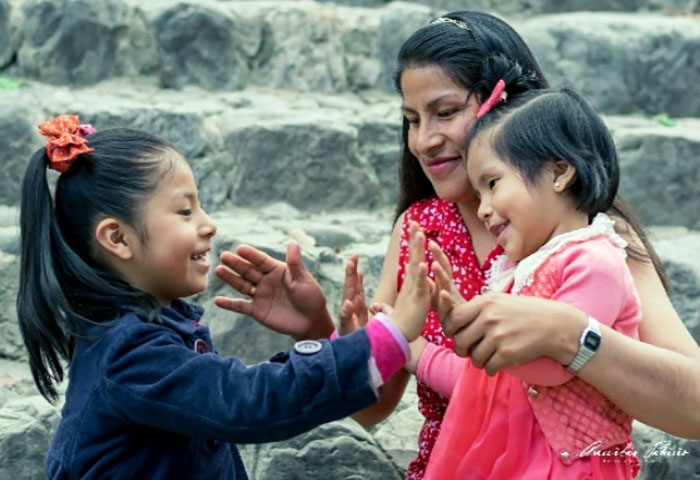In the rural area of southern India where Anisha is located, marginalized farmers and landless families, often headed by single women, struggle to meet their most basic needs. Approximately 70% of these people are members of the lowest social caste in India and their children often lack adequate nutrition and health care. Without extra support, many of these children drop out of school and become trapped in the child labor sector of the local mining industry. These families suffer from the results of the Green Revolution of the early 1960s in India. Farmers were encouraged to adopt the use of commercial fertilizers and pesticides, as well as non-native seeds. Soils were depleted across India and many farmers were forced to leave their homelands for slums in India’s major cities.
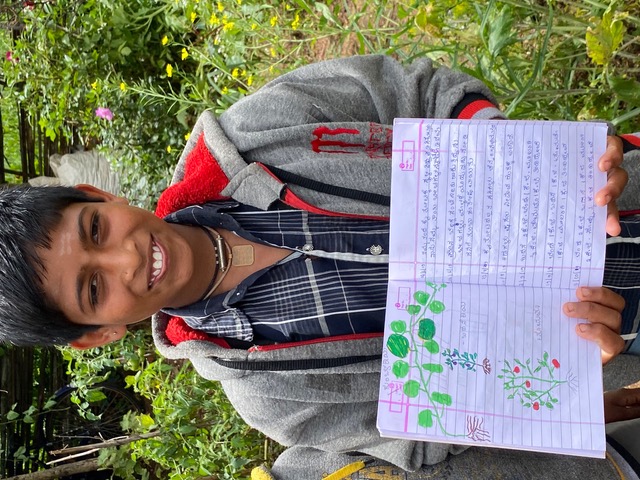
Four years ago, a partnership began between Anisha and a private foundation located in New York state, the Guru Krupa Foundation. The Foundation took the step to support year one of Anisha’s Kitchen Garden Project in 2016, a four-year program designed to teach over 1400 middle school students at 23 participating schools to grow organic kitchen gardens at their homes. They also expressed the intention to fund the project for three more years if the terms of the grant were satisfied. We are currently at the end of year four of the Kitchen Garden Project and feel very grateful to the Guru Krupa Foundation for its continuing support of the project. The Foundation has contributed a total of $40,000 over these four years to allow Anisha to operate its four-year educational project that has had a dramatic impact on the lives of its participating students and their families.
These students live in the Martalli Region of Karnataka State in Southern India. Their families struggle every day with extreme poverty and everything that results from it. They live in a drought-prone area that is also hard-hit by the effects of climate change. Learning to grow small-scale kitchen gardens producing organic vegetables grown from native seeds (initially supplied by Anisha’s own native seed bank) has made a significant difference in improving the standard of living of many families in this area.
The Guru Krupa Foundation is considering a proposal that would extend the KGP by at least one more year and expand its operation into 30 new schools with 1500 students new to its program. We so appreciate the support provided by the Guru Krupa Foundation to help Anisha do its vitally important work! Please visit their website to learn about their impressive work in both the United States and India – www.guru-krupa.org.
